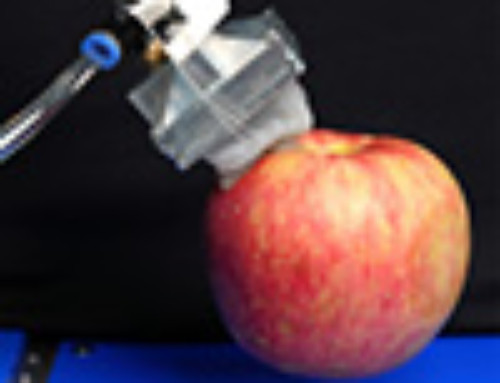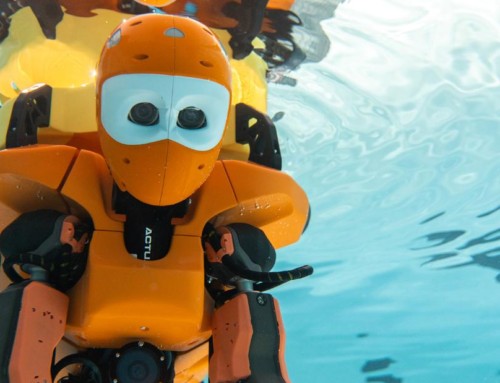[ad_1]

The U.S. Department of Defense has awarded four-year contracts to Carnegie Mellon University and the University of Pittsburgh School of Medicine to develop an autonomous trauma care system that can treat and stabilize soldiers injured in remote locations.
Approximately $3.5 million will go to Carnegie Mellon, while the University of Pittsburgh contract is for $3.71 million, according to a news release.
For both entities, the goal is to develop artificial intelligence technologies for a trauma care system that fits inside a backpack. The project has been dubbed “TRAuma Care In a Rucksack,” or “TRACIR.”
A team of University of Pittsburgh researchers and clinicians from the emergency medicine, surgery, critical care and pulmonary fields will provide real-world trauma data and medical algorithms. Carnegie Mellon roboticists and computer scientists will then create a robotic suit of sorts into which an injured person can be put. Monitors embedded in the suit can assess the injury, and AI algorithms can guide the care interventions.
In a statement, Ron Poropatich, a retired Army colonel and the director of Pitt’s Center for Military Medicine Research, commented on the effort:
Battlefields are becoming increasingly remote, making medical evacuations more difficult. By fusing data captured from multiple sensors and applying machine learning, we are developing more predictive cardio-pulmonary resuscitation opportunities, which hopefully will conserve an injured soldier’s strength. Our goal with TRACIR is to treat and stabilize soldiers in the battlefield, even during periods of prolonged field care, when evacuation is not possible.
According to the news release, Artur Dubrawski, a research professor at Carnegie Mellon’s Robotics Institute, said there is still a lot of technology that needs to be developed to enable robots to safely perform tasks like inserting IV needles. He noted that the research will be “a series of baby steps,” but that the organizations envision “an autonomous or nearly autonomous system.”
The end backpack product may contain an inflatable vest or collapsed stretcher. “Whatever human assistance it might need could be provided by someone without medical training,” he noted.
The initial intent of the TRACIR project is to treat soldiers on the battlefield. However, Poropatich, who is also a professor in Pitt’s division of pulmonary, allergy and critical care medicine, pointed out that there are other possible applications. For instance, the tool could be used by individuals responding to natural disasters or could be sent via drone to people who have been hurt in the wilderness.
Photo: utah778, Getty Images
[ad_2]
Source link





Leave A Comment
You must be logged in to post a comment.